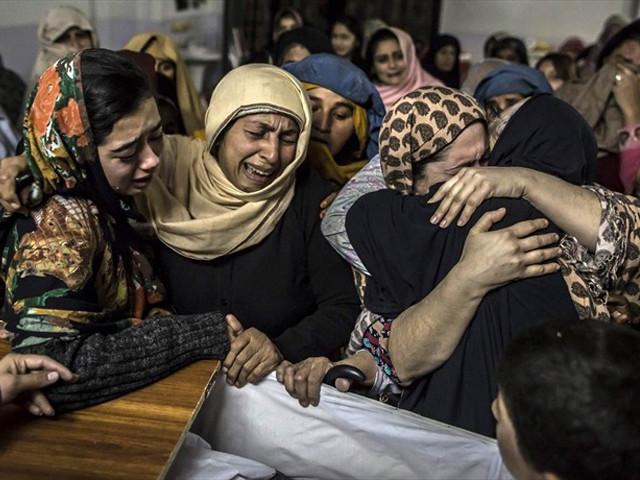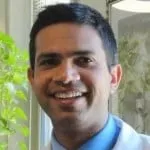The Taliban’s brutal attack on the Army Public School in Peshawar on December 16, 2014 claimed the lives of over 140 people including 132 children.
While hundreds of survivors of this mass shooting need physical rehabilitation resulting from bullet wounds and other physical injuries, the psychological impact of this traumatic event may have a long lasting effect on school children, both in Peshawar and across the nation. It is imperative that the trauma victims must get immediate psychiatric help, and secondary support be provided to children in other parts of the country who, although geographically distant, may still be troubled by this event.
Children and adults who experienced this kind of event in person or through images on television or social media often suffer anxiety reactions which may potentially lead to the development of Post Traumatic Stress Disorder (PSTD). Initial symptoms of stress reactions usually include intense fear, helplessness, or horror. Those affected may feel nervous and worried, be completely unaware of their emotions, experience poor concentration, suffer from sleep deprivation, or may relive the traumatic event in form of flashbacks, thoughts or nightmares.
This psychological state can lead to the victims avoiding situations which remind them of the traumatic event, including reading about it, talking about it or going back to the site of the event. But in the case of extremely violent events such as this one, there is a higher chance that without treatment, many children may develop long term problems such as permanent school avoidance and severe behavioural or emotional problems. Such consequences can result in significant personal, social, and professional disabilities.
Long term clinical studies of war victims in former Yugoslavia and those enduring torture in Romania have clearly shown that the long-term effects of PTSD are very high, with up to 87% of all victims experiencing a high co-occurrence of depression, anxiety, substance abuse with poor quality of life.
Prevention is the best tactic in the medical practice. Immediate intervention will help to prevent the development of PTSD symptoms in the future. The children and families of the children who attended the Army Public School in Peshawar need highly integrated and comprehensive psychological care and social services to prevent the development of long term problems in the future.
According to the World Health Organisation in 2009, Pakistan had only 278 psychiatrists and 478 psychologists. Only few of them have formal training in helping the trauma victims who experienced the mass shooting. However, whatever resources are available should be moved immediately to Peshawar, so that the victims, especially the children, have services available to them as quickly as possible in the hospital or in the community. These children need acute psychological help to process the grief.
Non-governmental organisations and, provincial and federal governments must help mobilise these resources to provide comprehensive support for the grieving process and the acceptance of the loss of the loved ones. Social support must also be provided to the grieving families in the form of assistance with counselling, religious and social ceremonies, and ensuring that families can process their grief in a less stressful environment. In this acute phase of grief, no one – including families, friends or media – should pressure the victims to share their stories or experiences, as this kind of pressure may trigger instance-negative psychological reaction. Already, the intrusive media inquiries and reportage is making headlines but in many cases this can harm the survivors as they relive the trauma.
While the focus should be on the children and families directly affected by the shooting, it is important to remember that children in the rest of the country could also be significantly affected by the attack. In places where children seem to be concerned, and possibly schools in general, less intense psycho-social interventions may be beneficial to help process grief and fear. Psychological First Aid (PFA) is a structured treatment guideline to help acute trauma victims and there is even a smart-phone application for PFA. The services do not need to be rendered by mental health professionals. Any competent adult can deliver it after only a few hours of training. PFA is a process of simple psycho-social interventions to help the trauma victims feel safe.
By having families, teachers and social service organisations take measures such as these, we may help prevent healthy children from experiencing the devastating effects of stress that could result from this terrible event. We must care for the mental health of our children today, for they are the only hope that our country will successfully respond to hardships it faces today. Mental health matters and it’s about time Pakistan acknowledges it. Pakistan’s social policies must provide for ways in which thousands of families across the country can be supported to handle stress caused due to terrorism.
Moving on from trauma, moving on from Peshawar
Long-term effects of PTSD are very high with up to 87% victims experiencing depression, anxiety and substance abuse.



COMMENTS
Comments are moderated and generally will be posted if they are on-topic and not abusive.
For more information, please see our Comments FAQ